| . | . | |
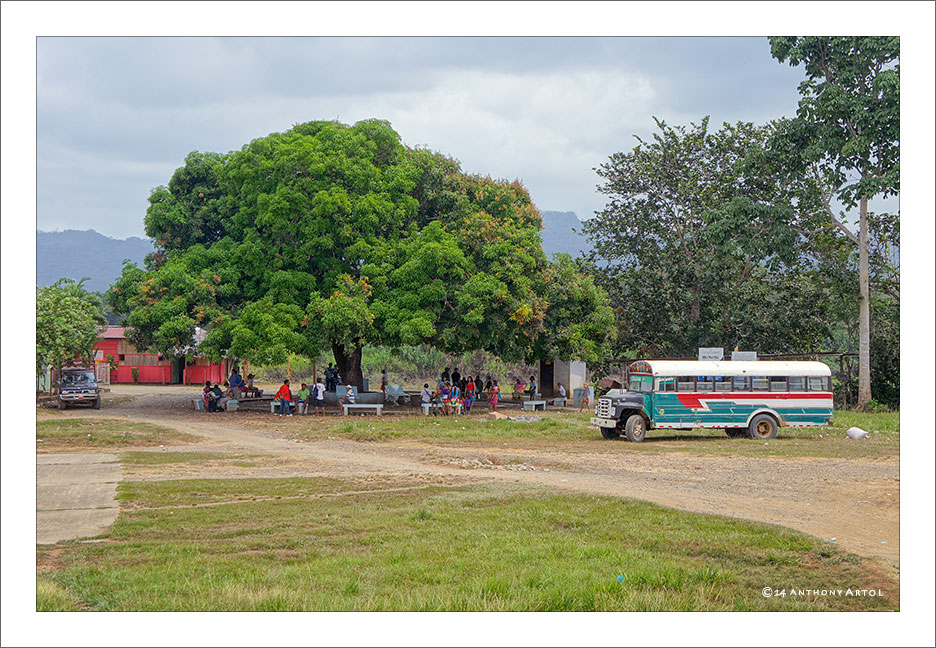 |
||
|
For the time being the "locals" chat-out their worries under a giant mango tree
- a lone witness of their lost past. |
||
|
( As seen in Sambú, Darién - February 2013 )
|
| . | ||
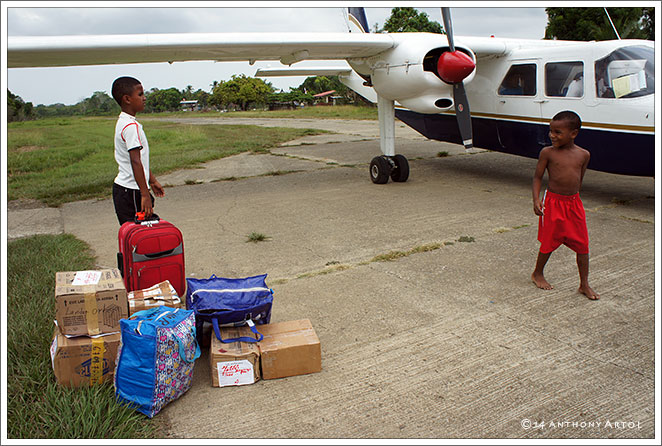 |
||
|
It is not that difficult to reach Sambú by a boat or a plane.
|
||
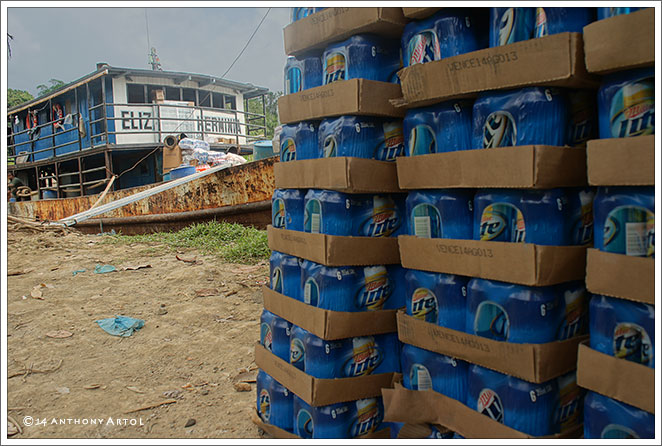 |
||
|
The broadly spread village has the airstrip, licenced and scheduled boat transportation,
power grid, paved and well lit streets, schools, health clinics, sport fields, the police posts, towers for the cellular and internet communications. |
||
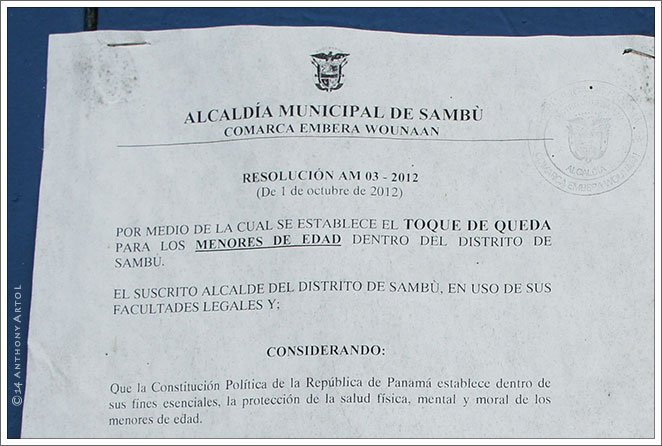 |
||
|
Also they have the modern network of the regulations, limits, codes, licenses and permits
increasingly interfering with the people's sense of their natural laws. |
||
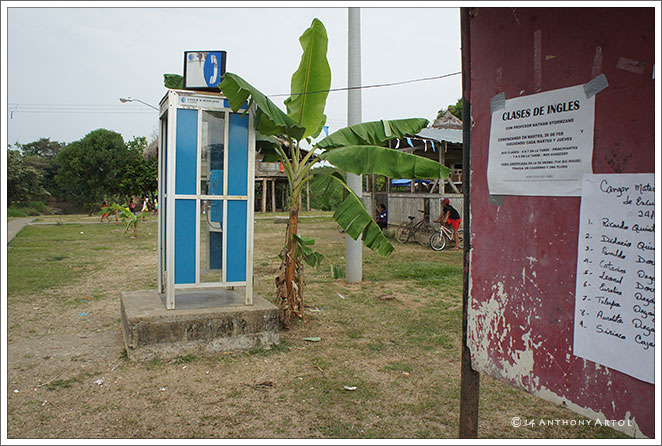 |
||
|
By accident - I shared the boat to Sambú with a thirty-something woman from Kentucky, who - as a fresh asset of the Peace Corps -
had been rushed to "teach" the indigenous people their "fishing rights". |
||
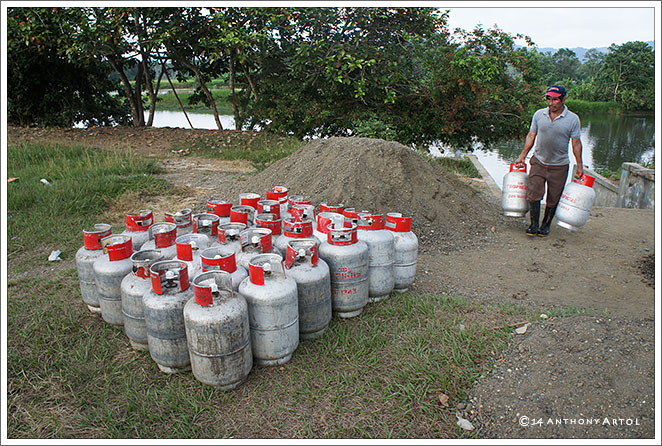 |
||
|
The myth of El Tapón del Darién as a lawless enclave for the smugglers and the FARC insurgents seems to be in its last years.
|
||
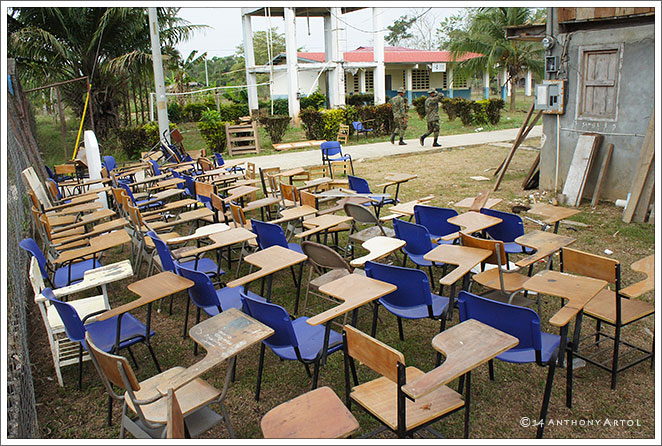 |
||
|
A modern, multi-line highway connecting The Canal with Medellin is just the matter
of the next major turn of the history. |
||
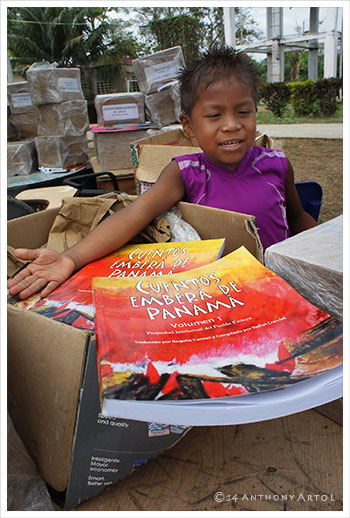 |
||
|
The re-invented and glossy-printed local identity is coming shrink-wrapped
in the same way as the canned beer, brand name soft drinks and potato chips. |
||
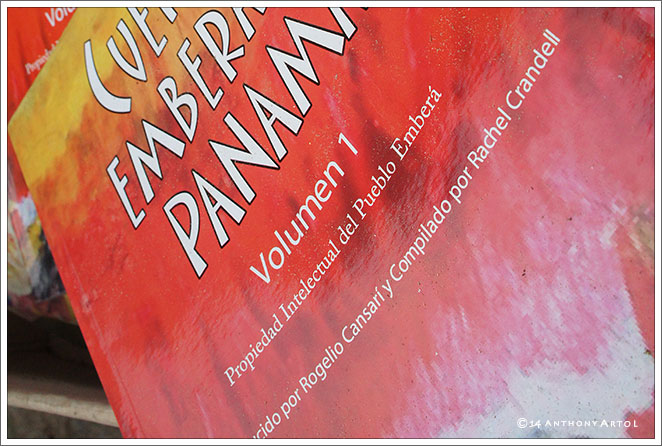 |
||
|
Please note the dark concept of the "intellectual property"
concocted in the basements of the White House and placed in the center of front cover of the pseudo-indigeneous publications. |
||
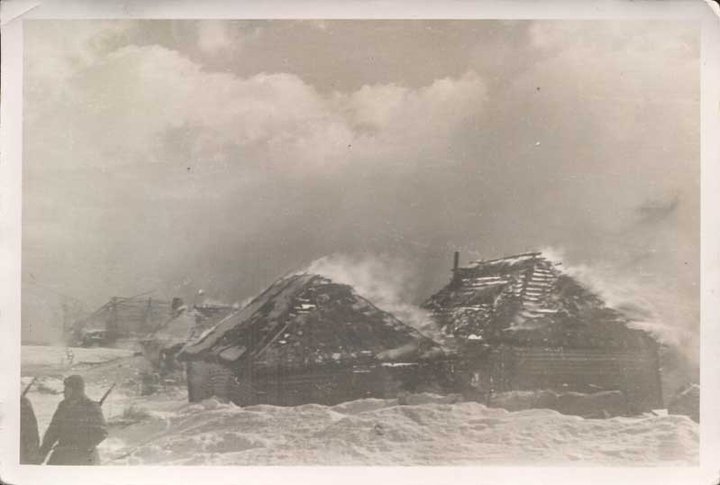 |
||
|
La " Propriedad Intelectual del Pueblo"
has a grim historical underlining in the cruel punishments of the towns and communities based upon the principle of the "group liability". |
||
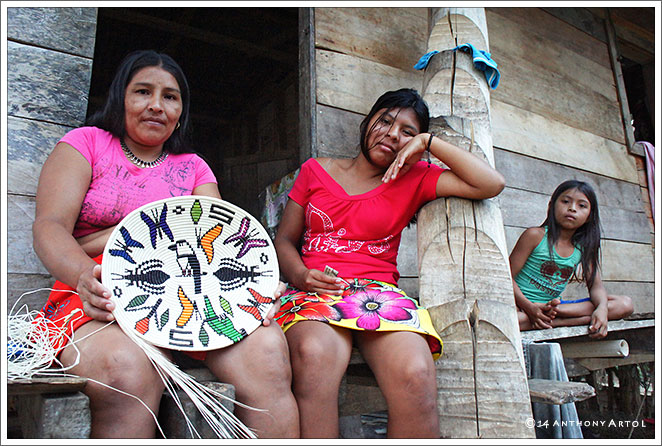 |
||
|
The people quickly learn, that the invented "indigenous culture" belongs to someone else
who is pretending to represent their community. By themselves they belong to the modern culture of the imported ropa americana and electronics - as anybody else. |
||
| . | . |
|
also: |
||
|
|
